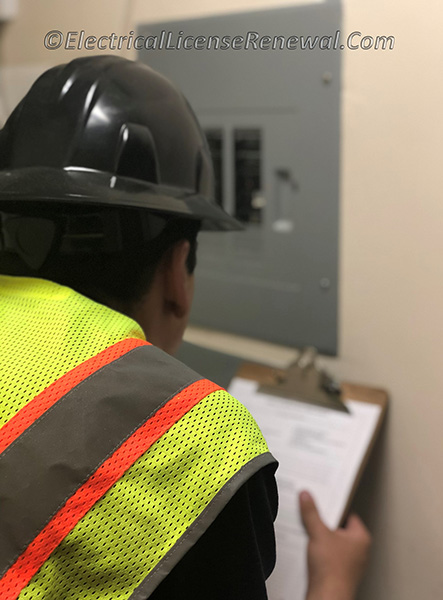NFPA 70E 110.1(K) Auditing.

Proper auditing of the electrical safety program ensures that the program is up to date and reflects the most current version of NFPA 70E which is revised every three years.
The required auditing includes the overall safety program as well as a field work audit and the lockout/tagout procedure audit.
Each of the different types of audits is required at specific intervals and the outcome of the auditing should identify and provide corrections for any deficiencies noted in the audit.
Below is a sample of NFPA 70E. For the complete section, see the actual NFPA 70E text at NFPA.ORG. Once there, click on the free access link to NFPA 70E.
110.1(K) Auditing.
(1) Electrical Safety Program Audit. The electrical safety program shall be audited to verify that the principles and procedures of the electrical safety program are in compliance with this standard. Audits shall be performed at intervals not to exceed 3 years.
(2) Field Work Audit. Field work shall be audited to verify that the requirements contained in the procedures of the electrical safety program are being followed. When the auditing determines that the principles and procedures of the electrical safety program are not being followed, the appropriate revisions to the training program or revisions to the procedures shall be made. Audits shall be performed at intervals not to exceed 1 year.
(3) Lockout/Tagout Program and Procedure Audit. The lockout/tagout program and procedures required by Article 120 shall be audited by a qualified person at intervals not to exceed 1 year. The audit shall cover at least one lockout/tagout in progress. The audit shall be designed to identify and correct deficiencies in the following:
(1) The lockout/tagout program and procedures
(2) The lockout/tagout training
(3) Worker execution of the lockout/tagout procedure
(4) Documentation. The audits required by 110.1(K) shall be documented.